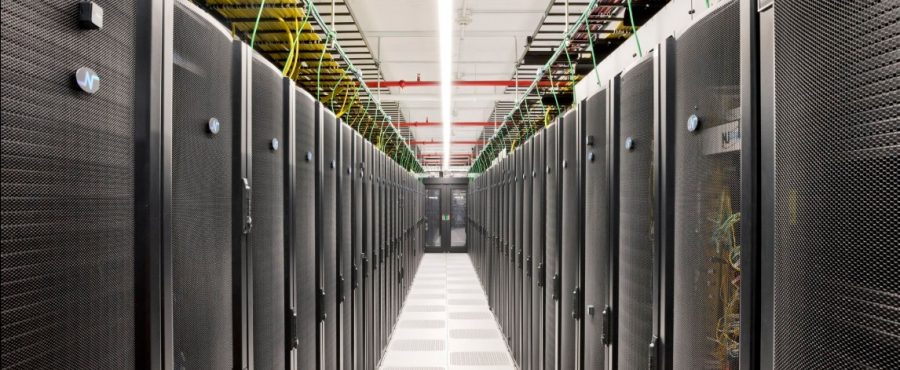Biggest Data Center News of 2020
The year 2020 was a truly unique and eventful year. The worldwide COVID-19 pandemic shaped most of the world’s major events and affected countless industries. Like so many others, the data center and cloud networking industry experienced a number of changes and major news stories this year. Some were a result of coronavirus, while others were natural progressions of the latest data center technologies. LightWave Networks has compiled a list of the biggest data center news stories of 2020. Featuring the industry’s biggest players and cutting-edge technologies, these stories will have lasting effects for the years to come.
1. Network Traffic on Internet Exchanges At A Record High
In the beginning of the year, when the COVID-19 pandemic drove cities around the world to go on lockdown and forced people to work from home, network traffic went up exponentially. Internet exchanges, in particular, saw record-high levels of network traffic during the first months of 2020 due to the huge uptick in remote work, video conferencing, online education, and game downloads.1
2. The Rise of Edge Computing
The emerging ecosystem of edge computing entered a key transition phase in 2020. Edge computing is a distributed computing paradigm that seeks to improve response times and save bandwidth by bringing data storage and computation closer to the locations where it is needed. Leaders in the industry began employing more edge data centers.2 As home-based work grew exponentially due to the pandemic and the slow introduction of 5G, confidence in edge computing increased within the market with some reports predicting the global market will reach $2.7 billion by 2027.2
3. AWS Designs In-Rack Micro UPS Units
To continue its hyper-scale computing optimization efforts, Amazon Web Services began designing its own in-rack uninterrupted power supply (UPS) units for its data centers. With this move, the company hoped to significantly improve the power efficiency of its cloud computing operations. By removing third-party software, AWS believes it will reduce the risk of failure and increase speed.4
4. Microsoft Pledges to Stop Using Diesel Generators
Climate change continues to be a hot topic as the consequences of global warming are becoming increasingly apparent. As a major producer of fossil fuel emissions, the data center and cloud computing industry is feeling the pressure to address the impact of the Cloud on the environment. This year, Microsoft announced it would stop the use of diesel generators at its data centers by 2030.5 The tech leader continues to work on developing effective alternatives and cleaner technologies to make its data center more sustainable. This is just one part of Microsoft’s ongoing goal to become carbon negative by 2030.
At LightWave Networks, in addition to the colocation services we offer at our Boston colocation and Dallas data centers, we also offer remote backup services, disaster recovery planning, IP transit services, dedicated servers in Boston and Dallas, managed networking, and more. To learn more about our top-notch IT services, contact us or call 844.722.COLO today!
Sources:
- Sara Barker, DataCenterNews – Data traffic soars as world turns to internet for work & play
- Linda Hardesty, FierceWireless – American Tower has deployed 6 edge data centers at tower sites
- Research and Markets, Yahoo! Finance – Global Mobile Edge Computing Market Report 2020: Market to Reach $2.7 Billion – Mobile Edge Computing Marks Paradigm Shift for Mobile Cloud Computing
- Rich Miller, Data Center Frontier – AWS Designs In-Rack Micro UPS Units For a More Efficient Cloud
- Lucas Joppa, Microsoft – Progress on our goal to be carbon negative by 2030

